The field of fisheries and resource management involves many different disciplines, including ecology, biology, and conservation. Students can also pursue careers in academic settings by earning their Ph.D. in this field. The degree program will prepare you for leadership positions in the fishing industry and within academia.
Whether you want to pursue a career in fisheries or work as a researcher, a Ph.D. degree will allow you to apply to a range of research opportunities. Applicants must possess an outstanding background in the biological, physical, and environmental sciences, including ecology, zoology, and genetics. Moreover, it is important to note that a Bachelor's degree in this field should be equivalent to or better than a Master's degree.
This graduate degree will enable you to become a professional in a variety of settings, from state and federal government agencies to nonprofit organizations. The job outlook for graduates is bright, with jobs in conservation and government organizations. In addition to government positions, you may also find yourself in private sector firms and consulting firms. The degree will require a minimum of 36 units and will be accredited by the University of Florida.
Ph.D. in Fisheries Resource Management Eligibility
Candidates who want to take admission in Ph.D. must have a post-graduate degree in Fisheries Resource Management and its relevant discipline with at least 55% marks from a recognized university and must have passed the national level entrance examination or university level entrance examination. National level entrance exams like UGC NET / UGC CSIR NET / GATE / SLET or University entrance exams consist of written tests and personal interviews.
The Benefits of a Ph.D. in Fisheries Resource Management
The benefits of a Ph.D. in Fisheries Resource Management are varied and many. For instance, it may qualify you for a professional career with state and federal agencies, including the U.S. Fish and Wildlife Service, the U.S. Forest Service, the National Park Service, and the Bureau of Reclamation and Lands. You can also work in colleges and universities or in private industry.
The field has a growing number of jobs in the field, and many students choose to work in the fisheries industry. Graduates will have access to top-notch research facilities and excellent laboratory facilities. Some programs are international in scope, and many graduate students choose to pursue topics that are of international interest. For more information, visit the graduate schools' websites. If you have questions or would like to learn more, contact a university's graduate advisor.
If you'd like to pursue a Ph.D. in Fisheries Resource Management, you can find it online. Obtaining this degree allows you to enter the field as a researcher, and it can even be used to pursue international projects. A graduate degree is highly regarded by employers, and the job market for these professionals is constantly growing. The field's global nature and many graduates are already working in the industry.
The Career and Job Opportunities of Ph.D. in Fisheries Resource Management
A Ph.D. in Fisheries Resource Management prepares graduates for professional positions in federal, state, and international organizations. Their job duties include monitoring fish populations, understanding fish-management practices, and developing and implementing new management strategies. They may also work for conservation groups, and universities, or consult for private industry. These professionals often have extensive knowledge of aquatic ecosystems and are often responsible for integrating that knowledge into their day-to-day work.
After earning a Ph.D., graduates can pursue careers in federal natural resource agencies, legislative policy and budget offices, and non-governmental organizations. They can also work for consulting firms, corporations, and trade associations. These graduates may also pursue graduate degrees at other institutions. A Ph.D. in Fisheries Resource Management enables students to work as researchers, consultants, and policymakers.
A Ph.D. degree in Fisheries Resource Management can lead to a variety of careers. After completing a doctorate, you may be able to teach at the university level and work for private or public agencies. However, many jobs require a master's degree. A Ph.D. in Fisheries Resource Administration will also enable students to pursue research in a more specialized area.
The Future Scope of Ph.D. in Fisheries Resource Management
A Ph.D. in Fisheries Resource Management is an excellent way to enter the field of oceanography. Graduates can choose to specialize in any area they are interested in, such as wildlife conservation or marine mammal conservation. Students who are interested in aquatic life can study aquatic organisms and their habitats, including marine mammals and sea turtles. In addition, students can choose to focus on the social and economic systems of human societies.
Freshwater ecosystems are facing extensive fragmentation and habitat alteration. Inland fisheries are under threat from invasive species and pollution. Invasive species and the development of global warming are threatening the health of these ecosystems. In addition, the biodiversity of freshwater animals is higher than that of terrestrial organisms, making them one of the most endangered vertebrate groups.
A Doctorate in Fisheries Resource Management can prepare graduates for a wide range of positions. Many of the top universities and graduate programs will have courses in fisheries ecology. This degree is highly sought-after in the field of marine conservation. There are many different career options in this field. Some of the most promising careers are oceanographic engineering, oceanography, and marine management.
Ph.D. Research Programme duration
The Ph.D. in Fisheries Resource Management course is a minimum of 3 years and a maximum of 5 in duration. This depends on the university offering the course.
Fees for research program for Fisheries Resource Management
The average fee for Ph.D. in Fisheries Resource Management degree is between INR 50000 and INR 500000.
 5 Years
5 Years
 PhD
PhD
 Research
Research








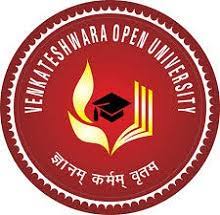
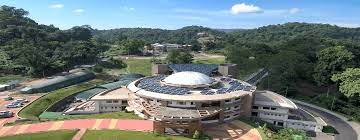










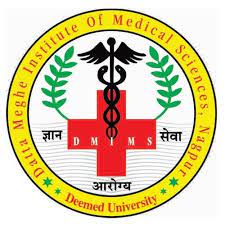


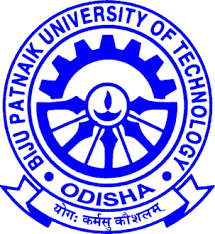
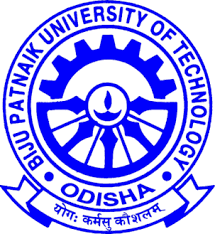

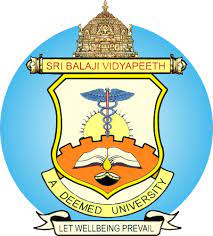




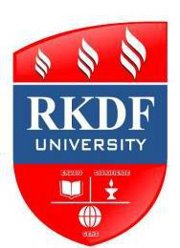

 back
back